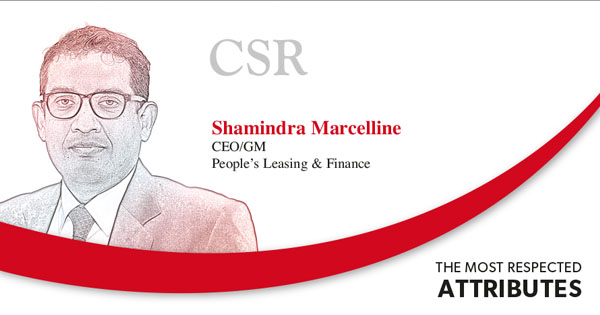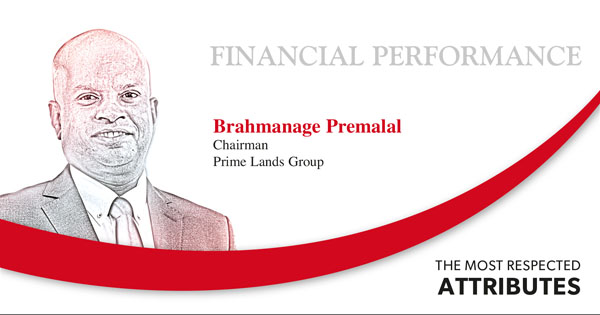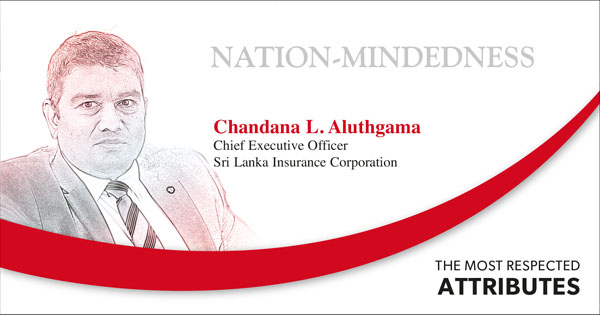Q: Where does a company’s culture figure in the corporate respect equation?
Culture describes how a company does business while reputation is how external stakeholders perceive it.
Over a long period of time, these internal and external views will cross paths.
If organisational culture causes employees to have a positive perception of the organisation, then their contribution will have a positive impact on the organisation’s relations with stakeholders, thereby making the organisation more attractive to them. This positive perception helps build corporate reputation.
Compliance, ethics and culture are all related, and they play a critical role in developing positive corporate reputation in the eyes of the public.
Q: How can management look to ingrain corporate culture in the workforce?
Management must always endeavour to establish an ethical and sustainable corporate culture. It begins with management sharing a strong and transparent purpose behind the corporate culture that is authentic, inspirational and aspirational.
For the corporate culture to succeed, the management and staff must speak the same language, and be on the same page with regard to corporate values.
Moreover, the leadership needs to internally and externally reflect the company’s values, and be its strongest advocate. At DIMO, we have introduced ‘Standards of Leadership,’ providing clear expectations to all leaders at various levels.
Finally, it’s about the people. I call them ‘the tribe.’ As a leader, one must understand employees and treat them well – or else, the culture they’re trying to establish will be limited to a speech or paper.
Q: What are the must-haves for a successful corporate culture?
A successful corporate culture is built on a solid foundation of integrity, trust, honesty, transparency, empathy and communication, making for an enjoyable and rewarding working environment.
Employees respond to such environments positively with their loyalty and hard work offering the business a competitive advantage.






